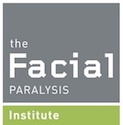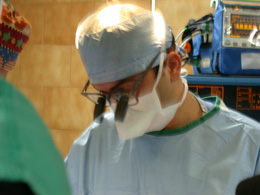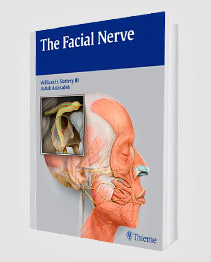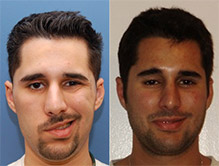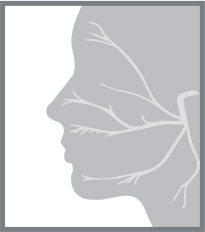Moebius Syndrome At Birth
Moebius syndrome is a rare neurological condition that primarily affects the muscles that control facial expressions and eye movement. The signs and symptoms of this condition are present at birth. There are several moebius syndrome treatment options
Many people with Moebius syndrome are born with a small chin, a small mouth, and a short or unusually shaped tongue. The roof of the mouth may have an abnormal opening, referred to as a cleft palate, or be high and arched. These abnormalities contribute to problems with speech and dental abnormalities, such as missing or misaligned teeth.
As previously mentioned, the syndrome also affects muscles that control eye movement. People with the disorder usually have difficulty making eye contact, and also have a hard time getting both eyes to look in the same direction (strabismus). Some patients also have dry or irritated eyes, which stems from an inability to completely close the eyelids when blinking or sleeping. Other common features of Moebius syndrome can include bone abnormalities in the hands and feet, weak muscle tone, hearing loss, and delayed development of motor skills.
Symptoms of Moebius Syndrome
Weakness or paralysis of the facial muscles, meanwhile, is the most overt symptom related to Moebius syndrome. Affected individuals lack facial expressions; they cannot smile, frown, or raise their eyebrows. The muscle weakness also causes problems with feeding, which becomes apparent in early infancy.
Moebius Syndrome Treatment Options
Moebius syndrome treatments help create a normal face and should be considered before the child enters school. For duel facial paralysis, The Facial Paralysis Institute prefers to use microsurgical trigeminal-gracilis muscle transfer. This procedure involves transfer of the gracilis muscle (from the inner thigh) to the face, and attachment to the trigeminal nerve which controls the muscles for chewing. This muscle and nerve transfer allows the children to control the movement of the face voluntarily. For this treatment option, each side of the face must be performed in separate stages. Typically, the first operation is performed when the child has turned six. The second stage is then performed at age seven.
Other surgical procedures that can be considered are static suspension with tensor fascia lata, temporalis transfer, and eyelid reconstruction, but only when it is warranted.
Psychosocial Implications of Moebius Syndrome
The psychosocial implications for surgical reanimation are very important. Moebius syndrome is a serious hurdle, but a child should not have to go through life with this deformity when something can be done to fix it. At the Facial Paralysis Institute, we have the most advanced techniques in the medical field, along with surgeons who are internationally renowned and experienced.
If your child is suffering from Moebius syndrome, please call us anytime at (310) 657-2203 for a consultation with Beverly Hills facial paralysis expert Dr. Azizzadeh.
Request your consultation with Dr. Azizzadeh today
Call us at (310) 657-2203 to schedule an appointment.
Schedule a Consultation